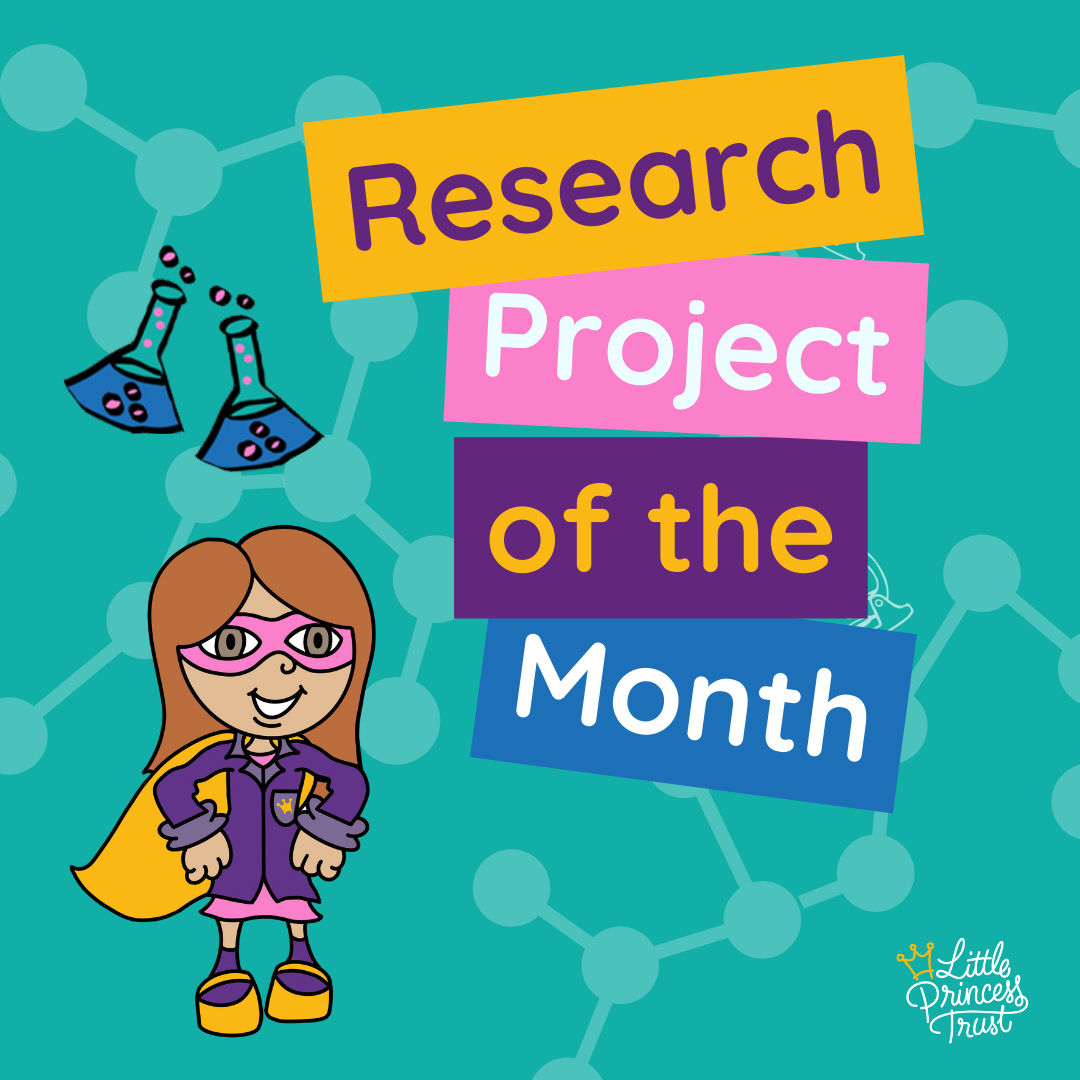Little Princess Trust News
‘Outside the box’ thinking for treating brain tumours

There are currently very few options to treat children with ependymoma.
Brain tumours like ependymoma pose a unique challenge - they can escape the body's natural defences.
The brain also has protections, like its own immune system and special barriers that block some medicines from entering, which makes curing the cancer even harder.
Dr Elizabeth Cooper's team at the University of Cambridge is studying a brain tumour called ependymoma.
Her research has found that it can block the immune system’s natural ability to fight cancer, meaning some treatments don’t work.
Elizabeth said: “At the moment, there are very few options to treat children diagnosed with ependymoma.
"My research is focused on understanding why immunotherapy, a type of treatment that helps the immune system fight the tumour, has not been successful for children’s brain tumours - despite it working really well for other childhood cancers.
“Treatment for ependymoma needs to help the body’s own immune cells fight the disease.
"The body’s frontline defence to cancer is the immune system. Existing immunotherapies have failed, and I believe this is because there is so much about the brains own immune system that we don’t understand.”
The brain’s immune cells are grown from special stem cells that live in the skull bone marrow.
Normally, these immune cells can collect waste released from cancer cells and alert the immune system to the threat. However, ependymoma tumours seem able to stop this process.
Elizabeth said: “Despite the skull being right next to the brain, and therefore the tumour, nobody has really looked at how these two systems communicate.
"We have discovered that the stem cells can be ‘trained’ by the tumour before they turn into mature immune cells.”
Our research will fundamentally change the way we think about immunotherapy in childhood brain tumours.
The researchers believe that this might be why the brain’s immune system doesn't attack the cancer cells.
By investigating how immune cells work with the tumour, Elizabeth hopes to discover ways to help the body fight cancer better.
Elizabeth added: “Our research will fundamentally change the way we think about immunotherapy in childhood brain tumours.
"We want to continue to provide the evidence that the brain’s immune system is very different to the rest of the body’s.
"We hope that understanding how the immune system works in normal brain development and in childhood brain tumours will one day uncover new ways to treat this disease.”
You can find out more about this project here.




